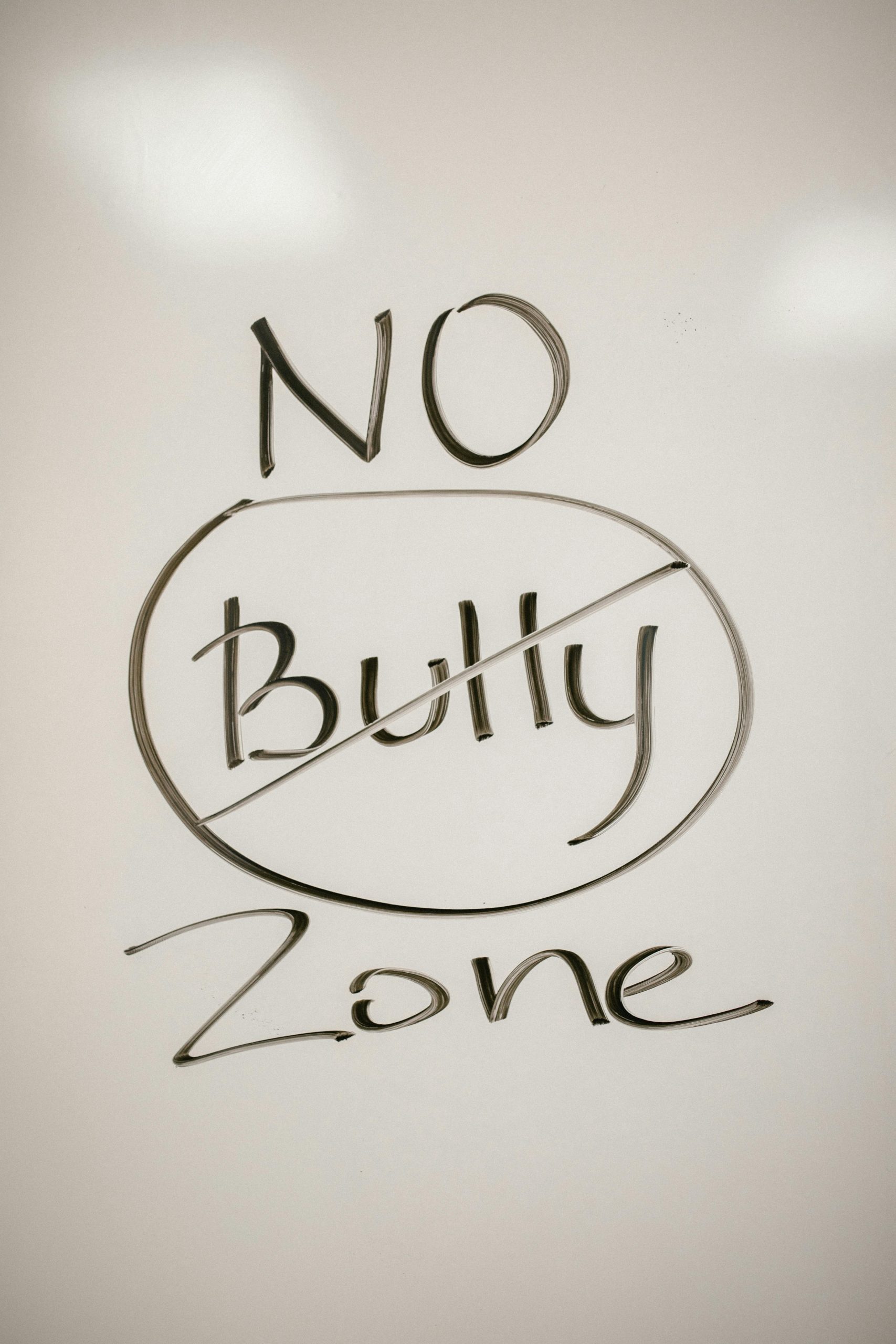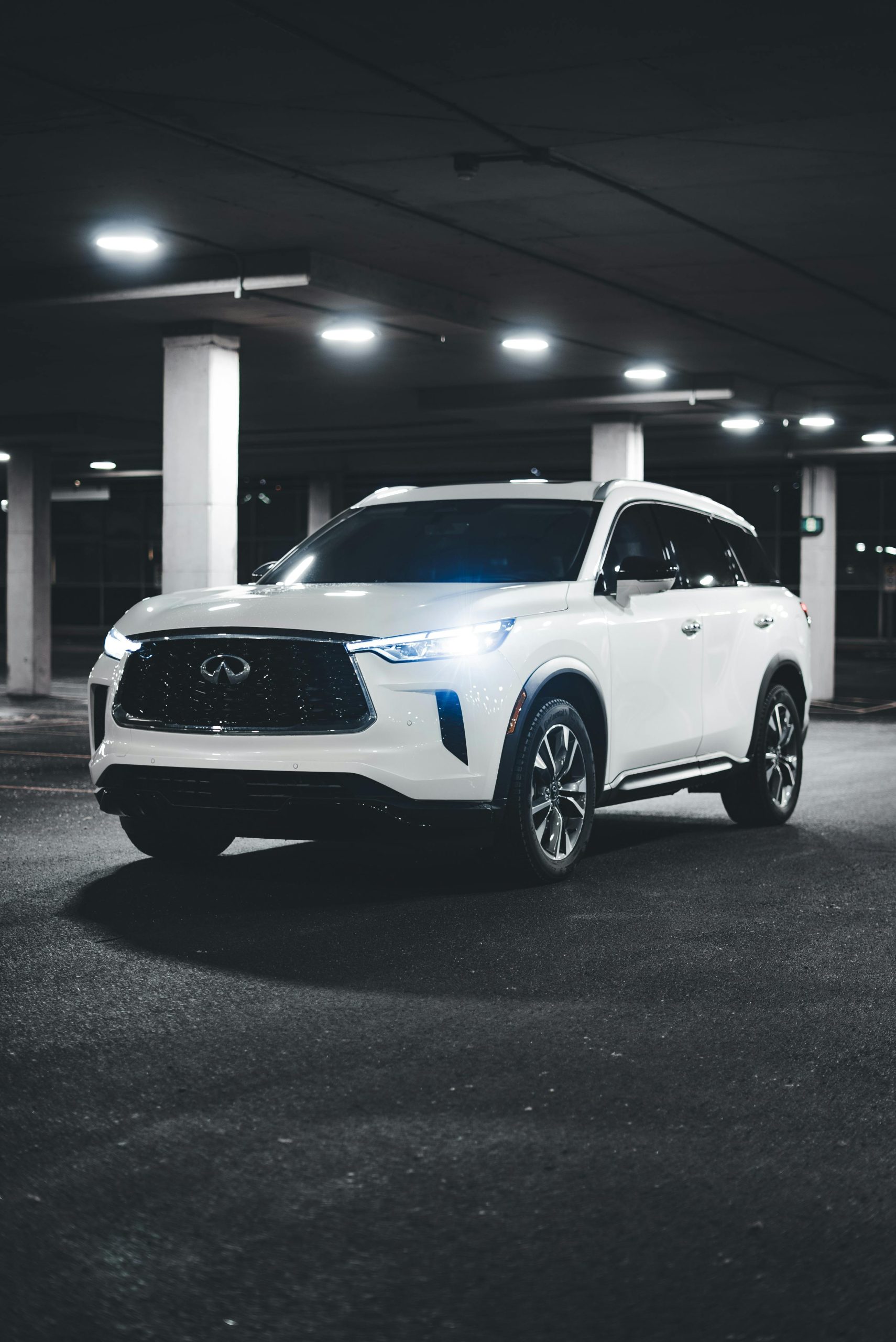Title: Should You Report Minor Parking Lot Collisions to Your Insurance? Expert Guidance
Navigating vehicle accidents can be confusing, especially when the damage is minimal. Recently, I found myself in such a situation after practically backing into a parked car at my gym. The vehicle was likely an Uber driver, and he was momentarily stopped in the middle of the parking lot to let someone out. The result was very minor damage: a few paint chips on my car and a tiny scratch on his bumper.
We exchanged information, and I suspect he will file a claim through his insurance. However, given that the damage is hardly noticeable and my car is quite old, I don’t plan on making any repairs. This leads to an important question: Should I notify my insurance company about this incident, or is it better to wait and see if the other party’s insurer reaches out?
Here’s what you need to consider:
-
Assess the Damage Carefully
In cases of minor collision, it’s essential to evaluate whether the damage warrants insurance involvement. If the damage is truly negligible and the vehicle is older, paying out of pocket for repairs might be more practical than risking an increase in your premium. -
Legal and Insurance Responsibilities
Many states and insurance policies recommend reporting even minor accidents to ensure proper documentation. Failure to report could potentially complicate matters if disputes arise later. Conversely, reporting an incident that results in no significant damage generally won’t lead to premium hikes. -
Communicating with Insurance Companies
If the other driver files a claim, their insurer may contact you. At that point, you should be honest and cooperative. If you prefer to avoid the process, you might choose not to report the incident immediately, especially if the damage is insignificant. However, be aware that some policies or local laws may require disclosure. -
Potential Impact on Premiums
Small accidents usually have minimal effect on your insurance rates, especially if they’re not attributed to your driving history. Nonetheless, it’s worth consulting your insurance policy to understand your obligations and potential consequences.
Final Thoughts:
In situations where damage is exceedingly minor and repair costs are minimal, many drivers opt not to report such incidents immediately. Still, keeping thorough documentation and understanding your policy terms are crucial. When in doubt, consulting with your insurance provider can help you make an informed decision that protects your interests without unnecessary complications.
Remember: transparency and prompt communication are key to managing minor accidents



